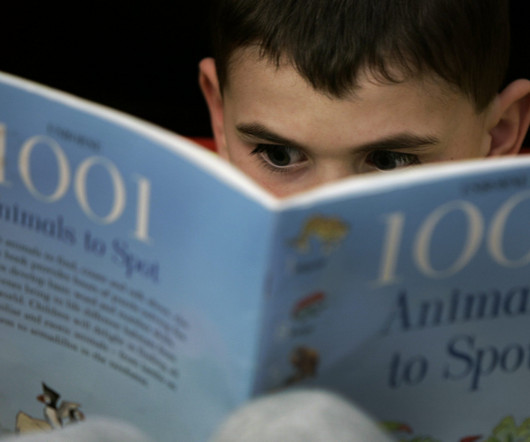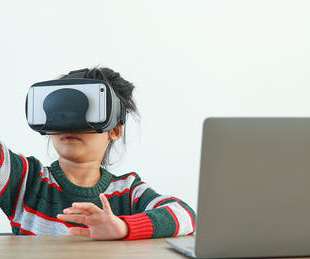The buzz around teaching facts to boost reading is bigger than the evidence for it
The Hechinger Report
FEBRUARY 10, 2025
Hirsch, a professor emeritus of education and humanities at the University of Virginia, argues that democracy benefits when the citizenry shares a body of knowledge and history, which he calls cultural literacy. Now its a cognitive science argument that a core curriculum is also good for our brains and facilitates learning.














Let's personalize your content